Search Results
Showing results 221 to 240 of 384

Styrofoam Traps
Source Institutions
In this activity, learners use Styrofoam to collect organisms from a pond, estuary or marine environment and then examine what they have caught with a microscope.
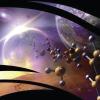
Is It Living?
Source Institutions
This activity (on pages 10-12 of the PDF) encourages learners to consider what makes living things different from non-living things.
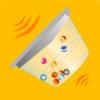
Ocean Echolocation
Source Institutions
Use echolocation to find others and experience how whales’ senses have adapted to suit their environment. In pairs, learners are blindfolded and use containers filled with marbles to find each other.
Splitting White Light
Source Institutions
In this optics activity, learners split white light into all its component colors using three household items: a compact disc, dishwashing liquid, and a hose (outside).
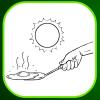
Solar Cooker
Source Institutions
Learners build a simple solar oven from a shoebox, black construction paper, and aluminum foil. Over the course of a few hours, the oven heats up water enough to brew tea.
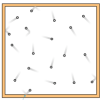
What Causes Pressure?
Source Institutions
In this kinesthetic activity that demonstrates pressure, learners act as air molecules in a "container" as defined by a rope.
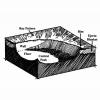
Mars Perseverance Activity: Mud Splat Craters
Source Institutions
In this activity, learners explore the physics of impact craters from their own backyard using mud. Learners are encouraged to match features of real impact craters to their models.

Why do Hurricanes go Counterclockwise in the Northern Hemisphere?
Source Institutions
In this kinesthetic activity, learners will play a game with a ball to demonstrate the Coriolis force, which partly explains why hurricanes in the Northern Hemisphere rotate counterclockwise.
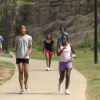
Workin' It Out
Source Institutions
In this activity, learners explore how to stay fit the fun way. Learners participate in three physical activities.
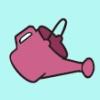
Starting Your Container Garden
Source Institutions
This guide outlines how to plant a garden even if you don't have a yard!
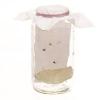
A Slice of Apple Fly
Source Institutions
In this activity, learners build an instrument for catching and observing flies. Learners act as entomologists, attract flies into a jar using a slice of apple, and then observe the flies' behavior.
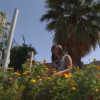
Plants Count
Source Institutions
In this activity, learners put on their naturalist hats and explore the world around them.

Moon Watch Flip Book!
Source Institutions
In this activity, learners observe the moon each night for a month and draw their observations in a Moon Watch Log.
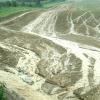
Identifying Erosion
Source Institutions
In this environmental science activity (page 3 of the PDF), leaners will identify and explain the causes of erosion.

Drying It Out
Source Institutions
In this activity, learners investigate and compare the rate of drying in different conditions.
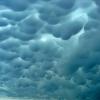
Head in the Clouds
Source Institutions
In this activity, learners create a CloudSpotter wheel and record the different types of clouds they observe twice daily over several days.
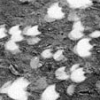
How to View a Solar Eclipse
Source Institutions
This is an activity to do when there is a solar eclipse!

Germ Tag
Source Institutions
In this version of tag, a large group of learners model how the body fights infection. Learners act as germs, as lymphocytes, and as the body's cells threatened by germs.

Tiny Pants Photo Challenge
Source Institutions
In this activity, learners use a simple trick of perspective to dress friends in tiny cutout clothing. Learners make tiny pants out of card stock and tape them to the end of a stick.
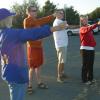
Does the Moon Rotate?
Source Institutions
This fun and simple hands-on astronomy activity lets learners make 3-dimensional models of the Earth and Moon.
